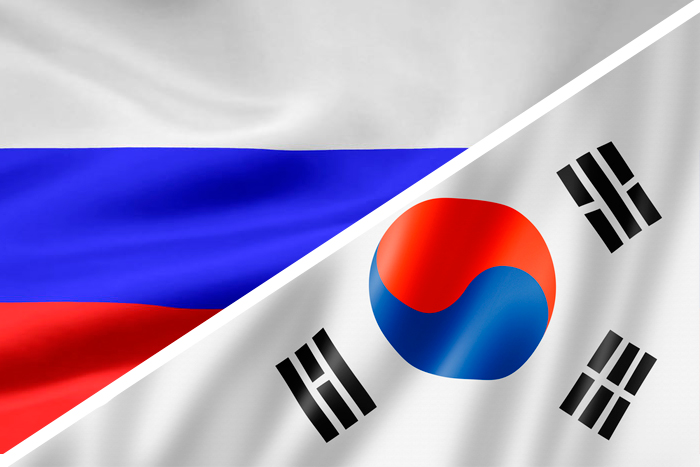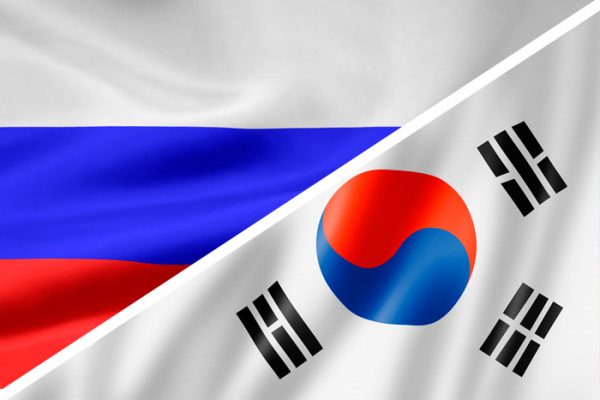Free trade with South Korea might hinder import substitution; States of the Eurasian Economic Union (EEU) are currently contemplating the possibility of forging a free-trade Agreement with South Korea. The Research and Production Enterprise POLYPLASTIC appreciates efforts of the Ministry of Industry and Trade of Russia to take into consideration opinions from the industry’s participants while considering major, even strategic inactions in Russia.
As of today, a decision to forge a duty-free trade with economically developed states would definitely produce new possibilities for the Russian market to develop and enlarge. Although such a decision contains certain nuances. Just a few industrial sectors will benefit from such an Agreement. Among those for whom such a measure will turn out rather harmful are domestic compounders, R&P POLYPLASTIC for instance, that will definitely lose their advantages before Korean companies. Furthermore, such an Agreement will complicate the POLYPLASTIC’s ties with auto and white goods manufacturers (Hyundai, LG-Electronics, Samsung). Notwithstanding there is a possibility of a more negative result – cooperation with companies mentioned above, which had localized production, will be halted. In this case, the direction of the import substitution program, declared by the President of Russian Federation, will change to the opposite: creating a possibility for foreign producers of composite materials to supply their goods to Russia, thus increasing capital outflow abroad.
Moreover, to allow Korean compounders of polymer materials to the Russian market by lifting custom regulations will inevitably cause a decrease in technological development, which is recently gaining more traction.
Specialistshttp from the Research and Production Enterprise POLYPLASTIC opine that a better way will be to forge a free trade for those sectors of the market, products of which have no analogs produced in Russia.
Ablut POLYPLASTIC:
The story of the POLYPLASTIC Group began back in 1991. The 1990s were the years when Russia’s industry was being severely damaged by a financial crisis. POLYPLASTIC was one of the companies that managed to survive that volatile situation, maintaining its level of production and subsequently becoming a top-rated plastics processing company.
Today, the POLYPLASTIC Group comprises twelve plastics processing enterprises (located in Russia, Belarus, Ukraine and Kazakhstan), two Research and Development (R&D) centres, as well as a number of joint ventures and trading houses. The company is staffed by a workforce of more than 5,000 employees, and annually produces thermoplastic composites, polyethylene pipe systems and fittings in excess of 290 kilotonnes.
POLYPLASTIC’s compounding business has played an important role in the company’s development. The demand for engineering thermoplastics in Russia created a solid base for the expansion of the company into the production of composite materials. While actively participating in the development of the engineering thermoplastics market, the POLYPLASTIC Group substantially expanded and enhanced its compounding facilities — a move which increased the company’s overall compounding capacity to approximately 70 kilotonnes annually.
The compounding division of the POLYPLASTIC Group specialises in the manufacturing of composite materials based on PP (Armlen®), PA 6 (Armamid®), PA 66 (Technamid®), PBT (Technoter®), as well as in thermoplastic elastomers based on PVC and PP. Its wide range of products (more than 250 grades) covers all well-known reinforced and modified systems, including: glass fibre reinforced, mineral-filled, impact modified, flame retardant and wear resistant.
A significant share of the POLYPLASTIC Group’s portfolio is occupied by thermoplastic composites for a wide spectrum of automotive, civil construction, railway, household, electric and electronic appliance applications. In many respects, the POLYPLASTIC Group could be considered to be a leader within the Russian engineering plastics market.
The POLYPLASTIC Group’s production of composite materials, concentrated at three production sites — in Moscow, Tolyatti and Saratov — is ISO 9001 certified. The Group is committed to maintaining high standards of quality, both among its products and its customer service. It is our marketing strategy to take into account the types of processing equipment used by our customers, and then to offer them exclusive products, with features and performance characteristics fully adapted to their requirements, in order to ensure the highest possible level of operating efficiency.













